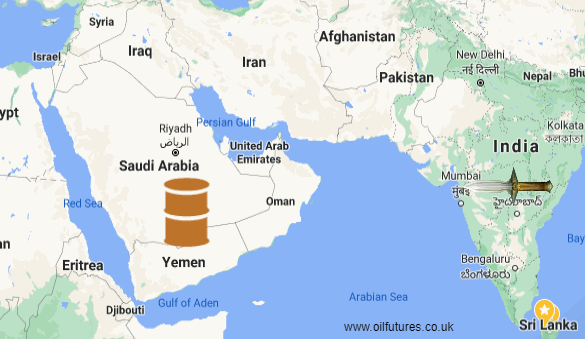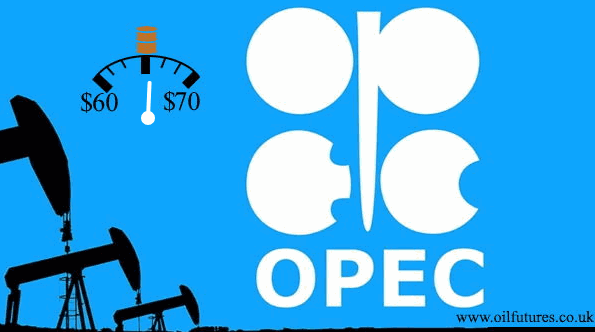Oil Price: can India weaponize its significant market position?

With the decision by the OPEC+ to increase the crude oil production for three months – May, June and July – the concerns about the supply side of the oil equations seem to be subsiding faster than the markets thought they would; the geo-political fallout, however, is far from over. Up until the end of the OPEC+ meeting on April 1, the indications were that the cartel would agree to extending the existing production cuts for two more months, citing the outbreaks of new Covid-19 infections and subdued demand; when the news of the polar opposite became known in the end, lots of analysts refused to believe it, thinking it was a sort of prank that usually is associated with this particular calendar day - for innocent amusement. Although Saudi Arabia did not account for the change of heart at the eleventh hour during the latest monthly meeting of the OPEC+, despite maintaining the stance of exercising caution, the unexpected call from the US Energy Secretary may have been a game-change




